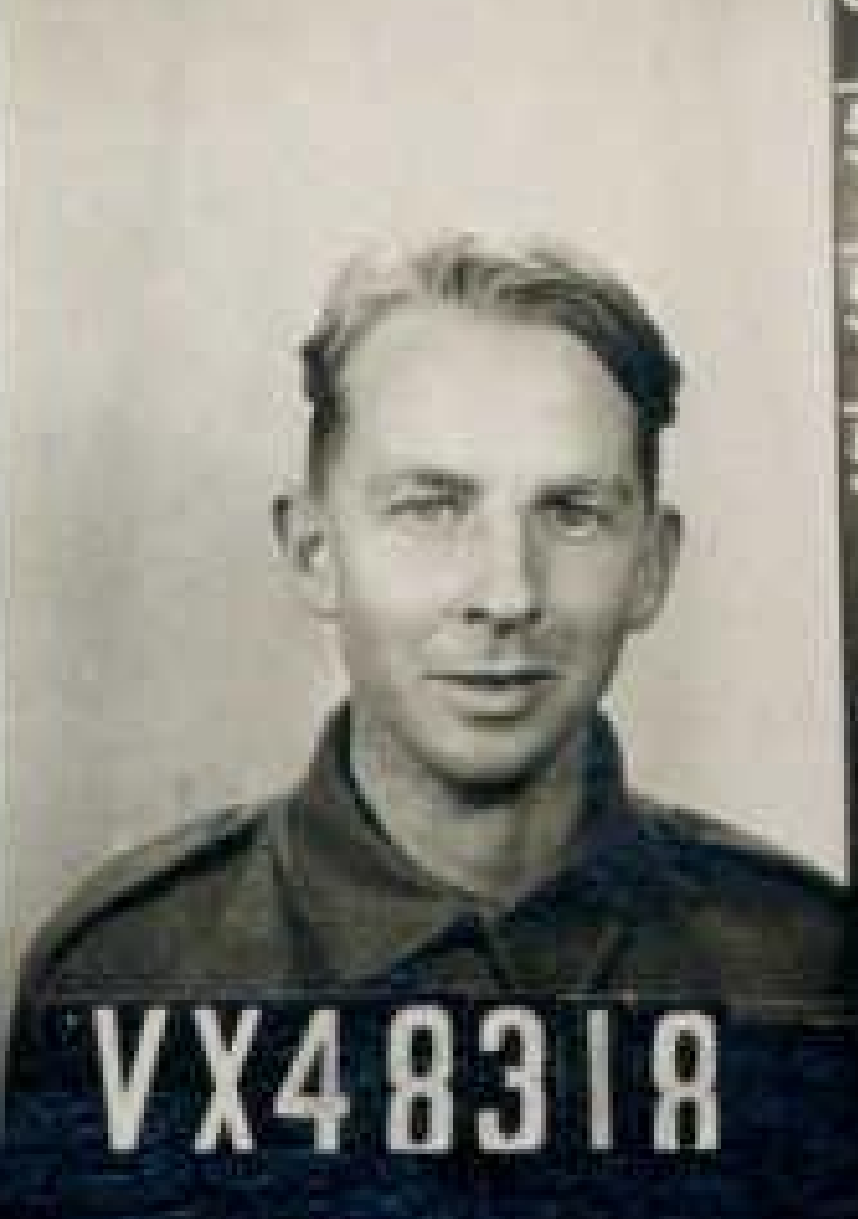ROXBURGH John Dart VX48318 HQ Coy [F Force Ponds Party]
ANZAC DAY THROUGH THE EYES OF A SON
When actor Richard Roxburgh was asked about his father recently on Andrew Denton’s ‘Interview’ program (Channel 7 Mate) Richard’s words were far from an actor’s reply: “My dad was that kind of wonderful, stoic, hardworking Australian man who, because of the war for three formative years of his life, never talked about it the whole time we were growing up. He was in Changi and then he was marched up to the Burma Railway, to the worst, the unimaginable worst, and it was only late in his life that I was able to kind of tease out any of the details of what that was, what that experience was, and so you know it was that generation, famously, who were not talkative. They were laconic, they were thoroughly decent gentlemen, but not expressive, not expressive at all. But you know, the first Anzac Day I went to with my dad, because Anzac Day was frowned on by my mum for a long time in the sense that she felt it was harbouring war, it was holding on to war, so dad didn’t go to Anzac Day for a long time and then after mum died, I went to Anzac Day with him. In just watching the way that he was with his mates, I found it absolutely amazing, because I was expecting this kind of, I guess, I was expecting fist pumping, and you know, back slapping, and it was nothing like that at all. So, it was incredibly tender, and they would kind of stroke one another’s skin cancer’ed (sic) foreheads and look into one another’s eyes and a lot of gestural things that you would not associate with that thing of being an Australian man at all. It was totally alien to that ideal . . .”
Richard’s father was John Roxburgh (2/29th Battalion). John was in F Force on the Thai Burma Railway and he like so many were and are uncommonly sensitive men. I was fortunate enough to interview John Roxburgh for my book, The Men of the Line and what struck me rather heavily was how hard I had to work to bring John back from talking about his beloved family in order to tell me about his POW years. John was so very proud of his family. His history speaks to some of the worse of the Line – Nieke, Tarkanoon South, Konkoita. A 15-day 274-kilometre march to track laying, cholera, funeral pyres and a golf stick welding Japanese guard named Murayama. But, there were also those who kept others alive, like John’s lifelong mate, James Kennedy, Dr. R. Mills and NCO Bertie Mettham, whom I also had the good fortune to meet. More good than bad is what John wanted to remember. And he wanted to remember clearly, so when the war ended and John was in Changi, he didn’t go out as his mates did, he remained in the barracks over a number of days and wrote his diary so it would be clear and he would not forget any of it.
Written by Pattie Wright – author of ‘Men On The Line’

